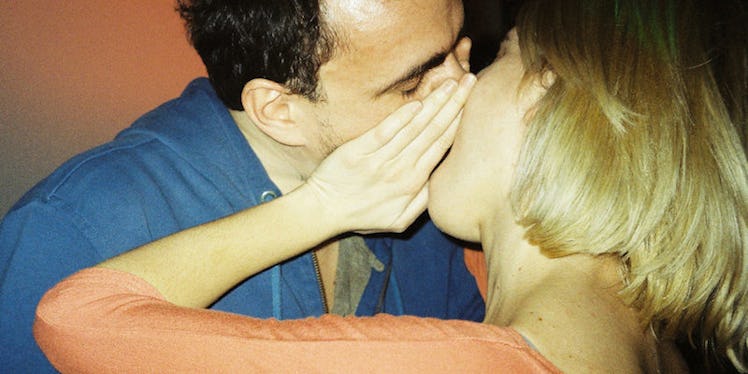
How College Hook-Up Culture Sets You Up For Years Of Romantic Confusion
College is the one time in your life when you're able to take advantage of opportunities you wouldn’t have access to otherwise.
At a party school, specifically, you can meet so many different types of people and try so many different things, without a fear of failure.
Most people talk about this idea of the true “college experience” with a positive undertone. But the truth is, college is truly a “me” experience.
College students are taught to be selfish, and are then condoned for their bad behavior with the justification that this is the “one time in their lives” they are allowed to be selfish.
It’s become a place where people feel entitled to do what they want, when they want and with whoever they want, at the expense of others.
The hook-up culture at a university -- which is arguably one of the most appealing aspects of a party school -- is also the worst thing imaginable when you catch feelings for someone.
In the “real world,” relationships mature naturally.
Slowly or quickly, relationships move forward or fizzle out quickly. People don’t have the same amount of time to maintain meaningless relationships like they do in college.
Plus, there aren’t as many opportunities to “bump” into people you wouldn’t see otherwise.
On a traditional college campus, where Greek life is responsible for the vast majority of your social interactions, it's almost too easy to make the same mistakes with the same people time and time again.
When you’ve caught the “feels” for someone at a party school, you’re in constant emotional turmoil.
College is a hotspot for unrequited feelings, where two people can go through the motions of a relationship without ever actually being in one.
Either you care too much or you don’t care enough. Your texts are too long or too short.
Every action taken by the other person is worthy of speculation. You even debate whether or not you should ask to see him or her in a sober setting, for fear of appearing too "available."
You never know where you stand.
There’s this overwhelming fear of looking desperate and needy. So in an effort to avoid this, you fail to communicate your needs in the relationship.
There is almost no emotional security, since people are hesitant to label themselves. They are scared of going against the traditional “college experience” of low commitment and inherently selfish tendencies.
College teaches us we can't trust others or ourselves.
It’s difficult to communicate your feelings.
By the time you finally do, your reaction is explosive. To your crush, this reaction seems totally uncalled for and rather shocking, since he or she was probably unaware of everything you were going through all along.
As consequence, your crush deems you "crazy" and moves on to his or her next victim.
The worst part is, you have a tendency to blame yourself, even when others are simply acting in the name of “the college experience.”
This leaves your confidence shot.
This makes you decide you need someone else to make you feel better about yourself. Perhaps you decide the best way to get over someone is to get under someone else.
As a consequence, you also perpetuate the vicious cycle of breaking hearts.
When you run this scenario through your mind a couple of times, you have to wonder about the future implications of these college "relationships."
People are under the impression that once you leave college, all the emotional “baggage” you accumulated will disappear as well.
How can this be true?
College is the first time in our young adult lives when we learn the meaning of accountability, for ourselves and for others.
If you spend four years at an institution practicing poor behavior, there will be future implications that may negatively impact your future relationships.
In college, we are taught to be both the victim and the perpetrator.
It un-teaches students the “golden rule” we all learned as children: Treat others the way you’d like to be treated.
College, some of the “best years of our lives," may be ruining our romantic futures.
It teaches us to expect the worst in others, and encourages us to embrace the worst in ourselves.